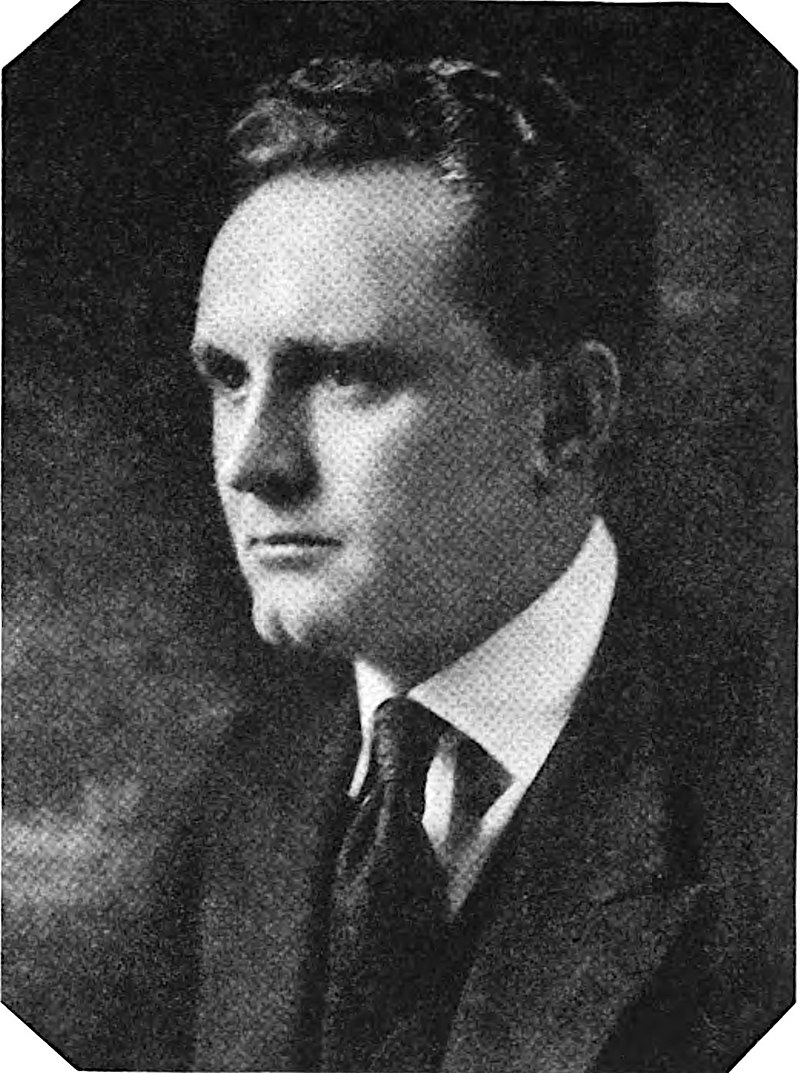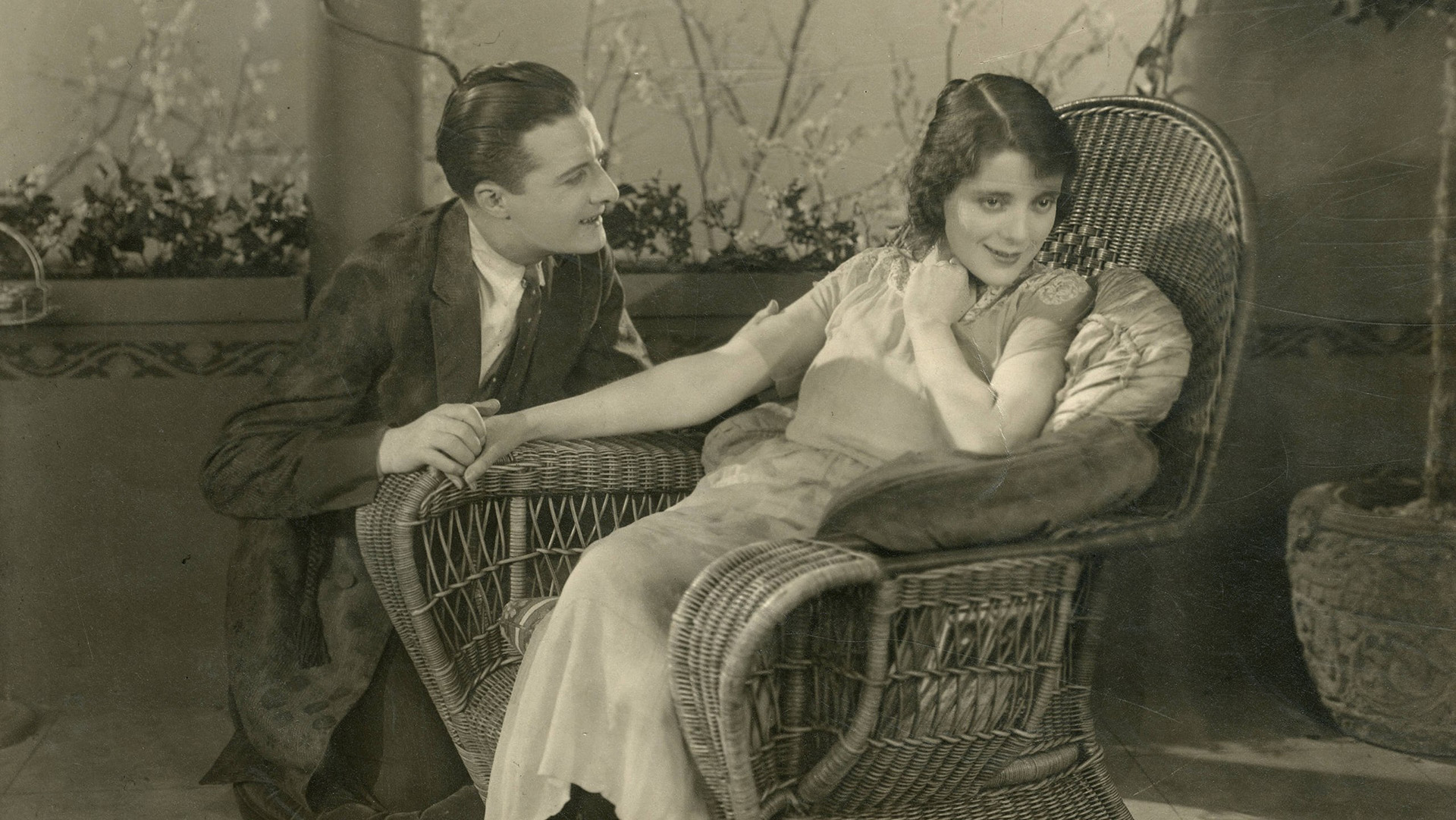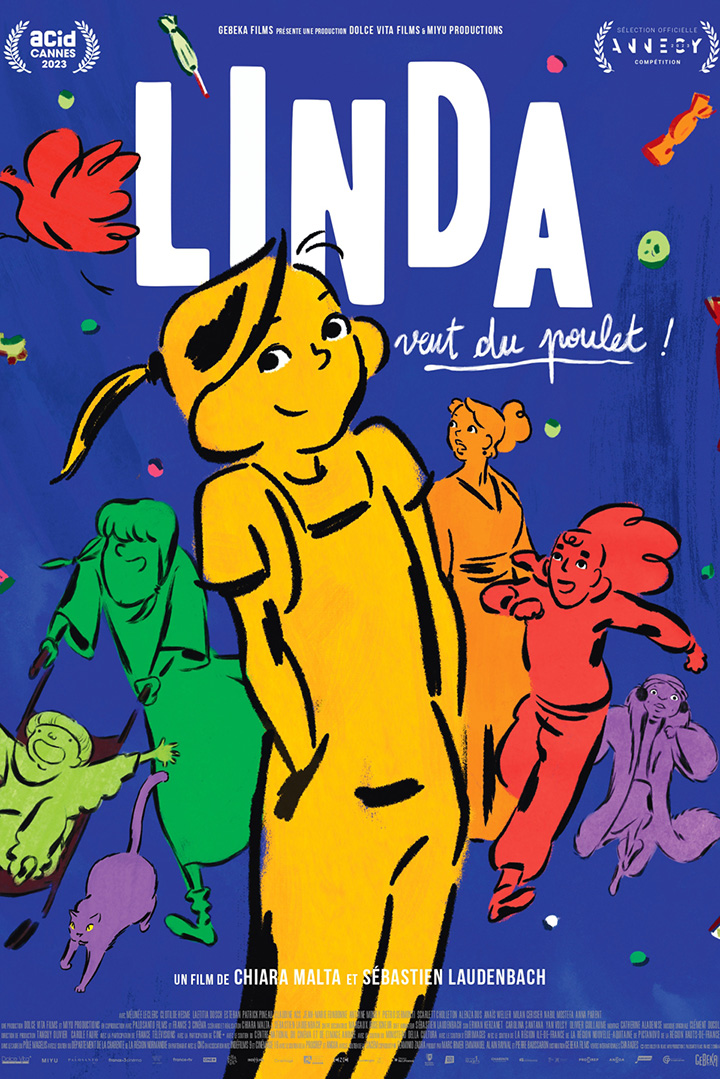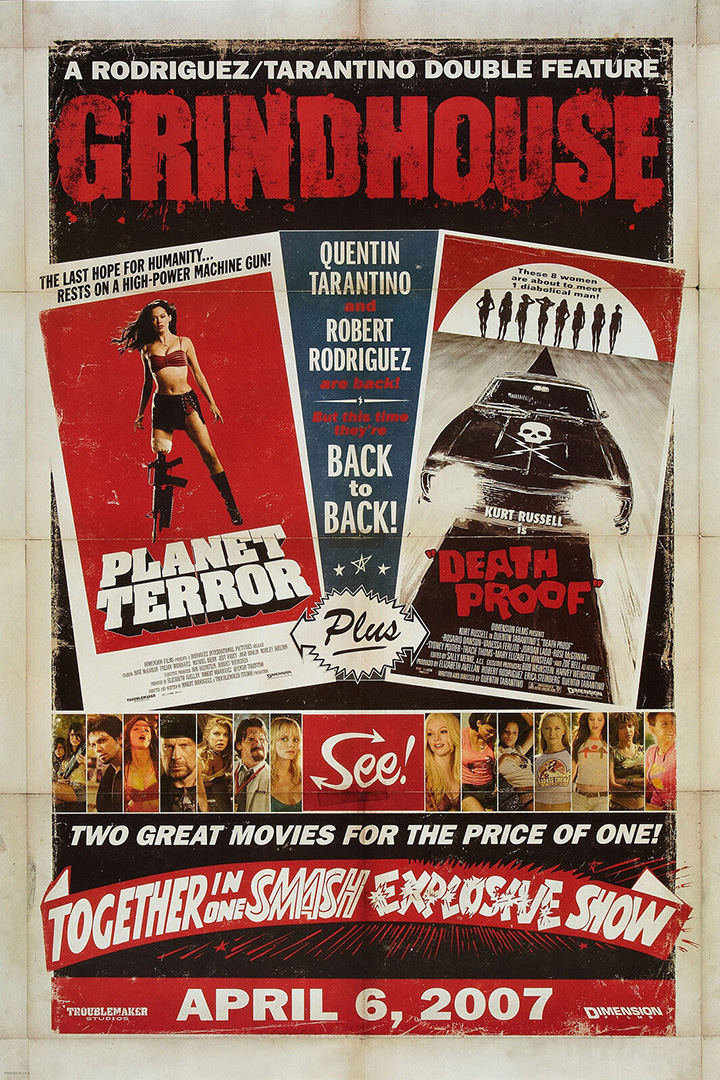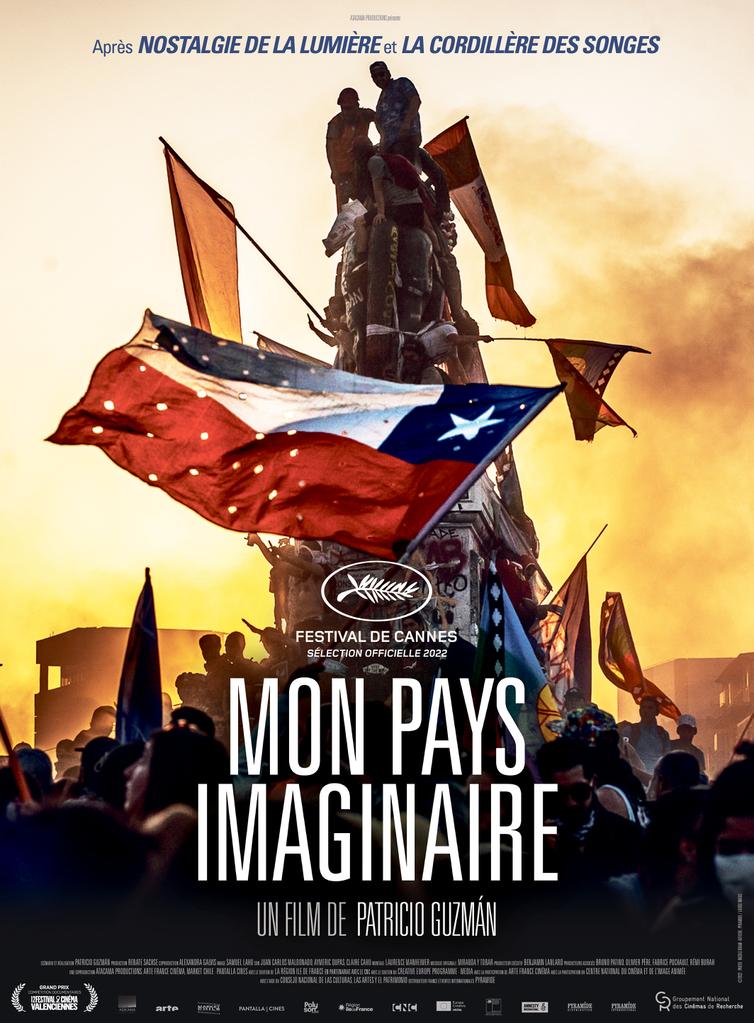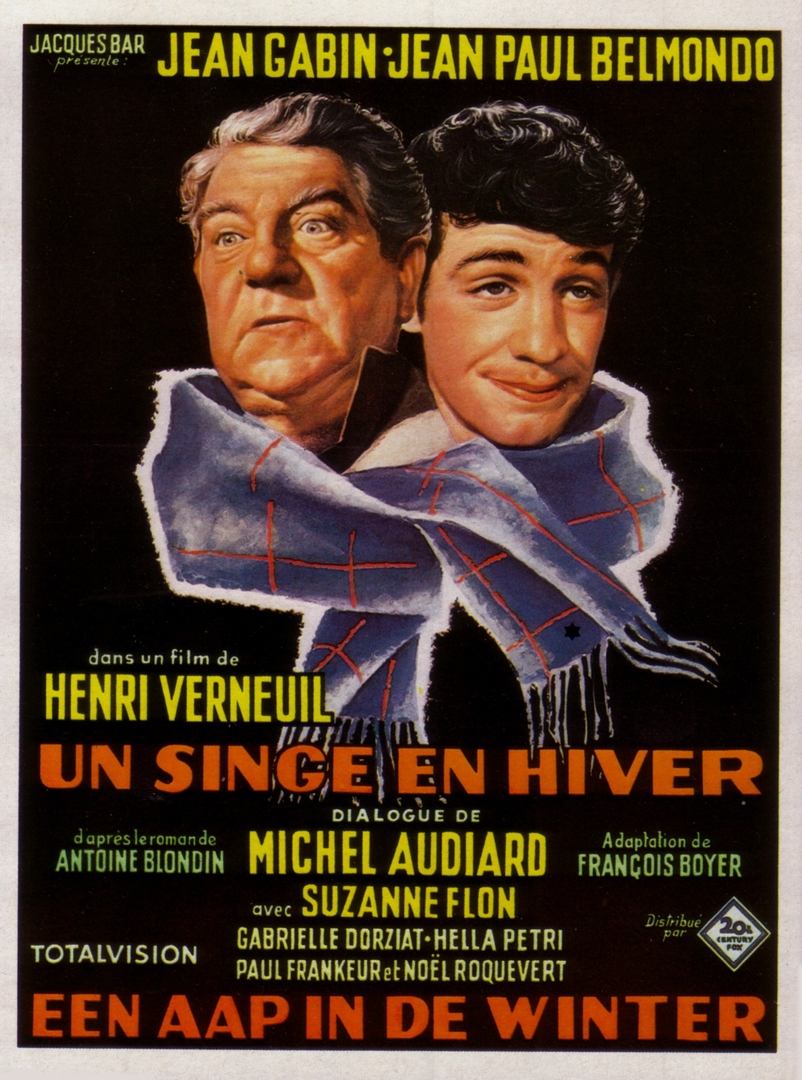Humoresque
Keeping silent cinema alive, showing the films of the era at the right speed and in their original image format, and having a pianist accompany them with respect, is all part of the normal work of a film library. But at a time when electronics is offering filmmakers new ways of making their images, it is even more relevant to periodically recall how eloquent were the images of the so-called silent era of film history. Silent cinema is therefore an essential component of the Cinémathèque's programming. And it is not a bad thing to remember that these are the works and filmmakers who made modern cinema possible, not to mention that it is always pleasant to be able to return for a few hours to the era of images that speak.
Accompanied on the piano by Gabriel Thibaudeau
The life and dreams of a Jewish family in New York's East End in 1891. Humoresque was Borzage’s first successful film.
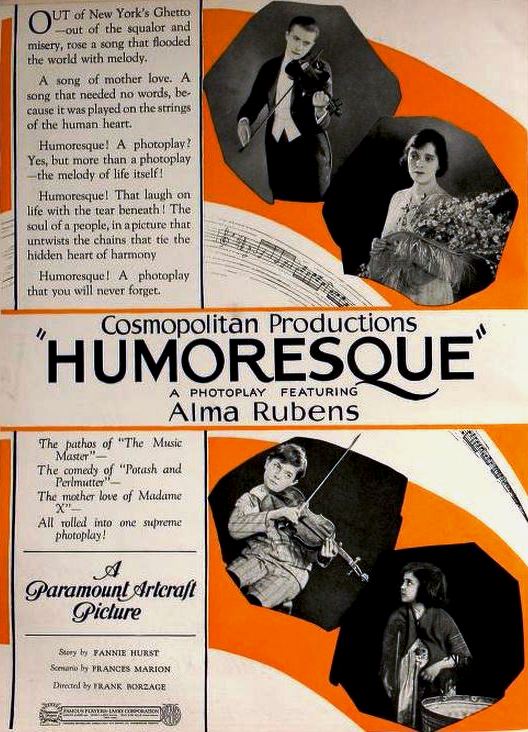
Frank Borzage
Frank Borzage was an American film director and actor. He was the first person to win the Academy Award for Best Director for his film 7th Heaven (1927) at the 1st Academy Awards. Born to European immigrant parents in Salt Lake City, he began his career as a teenager, performing with traveling theater groups throughout the western United States before finding employment in Hollywood in 1912, where he began directing and acting in short films before transitioning to feature films. His first major success was Humoresque in 1920. Borzage's other notable works include Street Angel (1928), Lucky Stars (1929), The River (1929), Bad Girl (1931) - for which he won his second Academy Award, A Farewell to Arms (1932), History Is Made at Night (1937), The Mortal Storm (1940), and Moonrise (1948).
